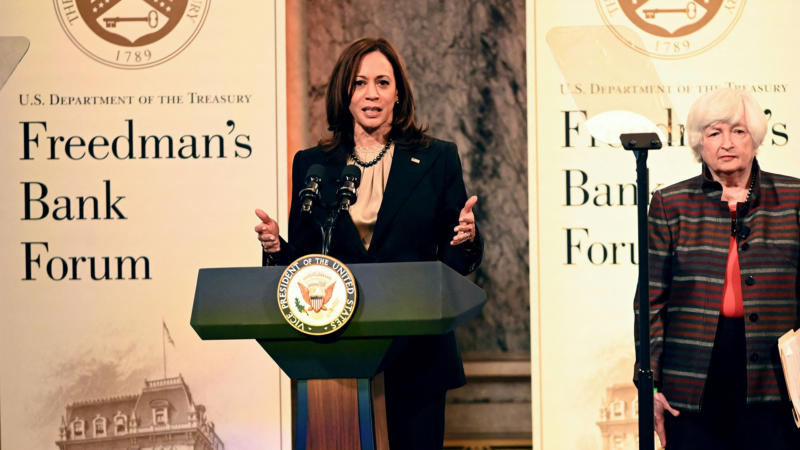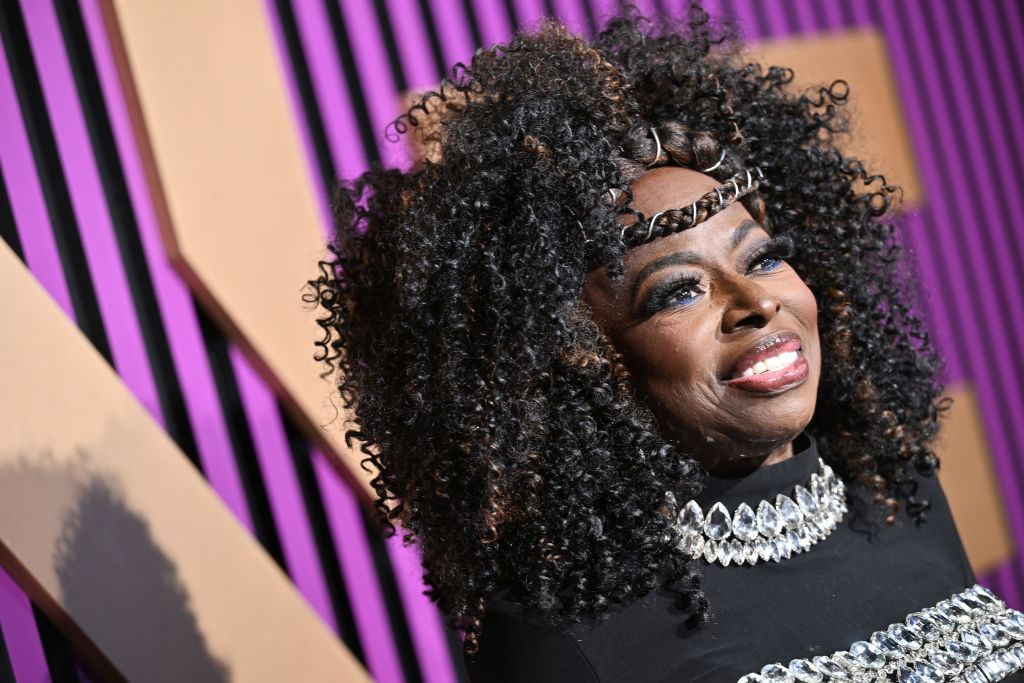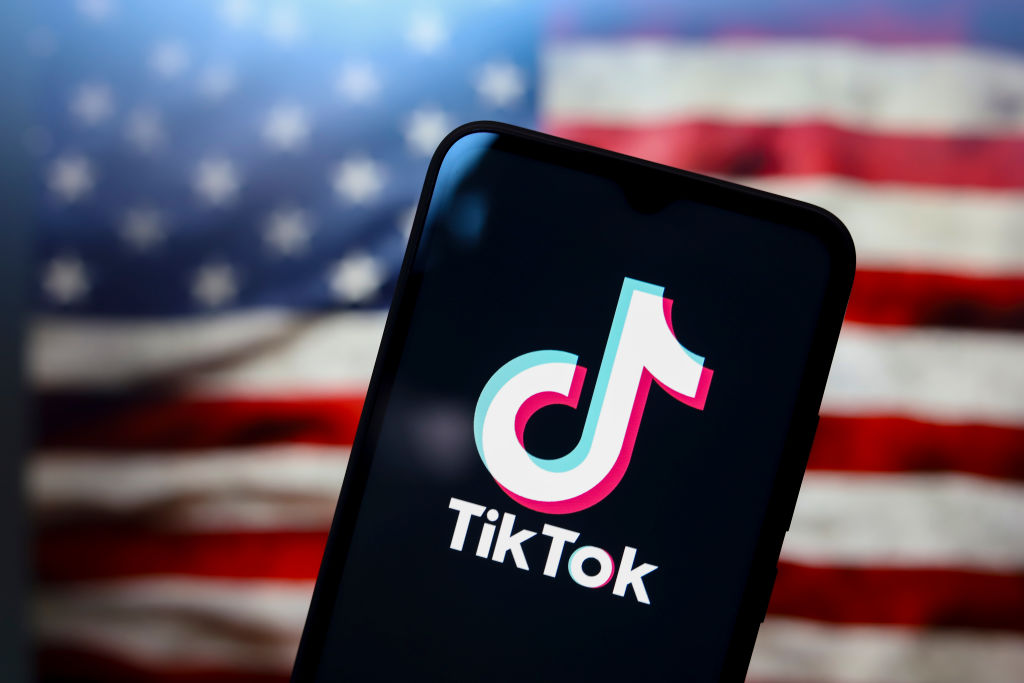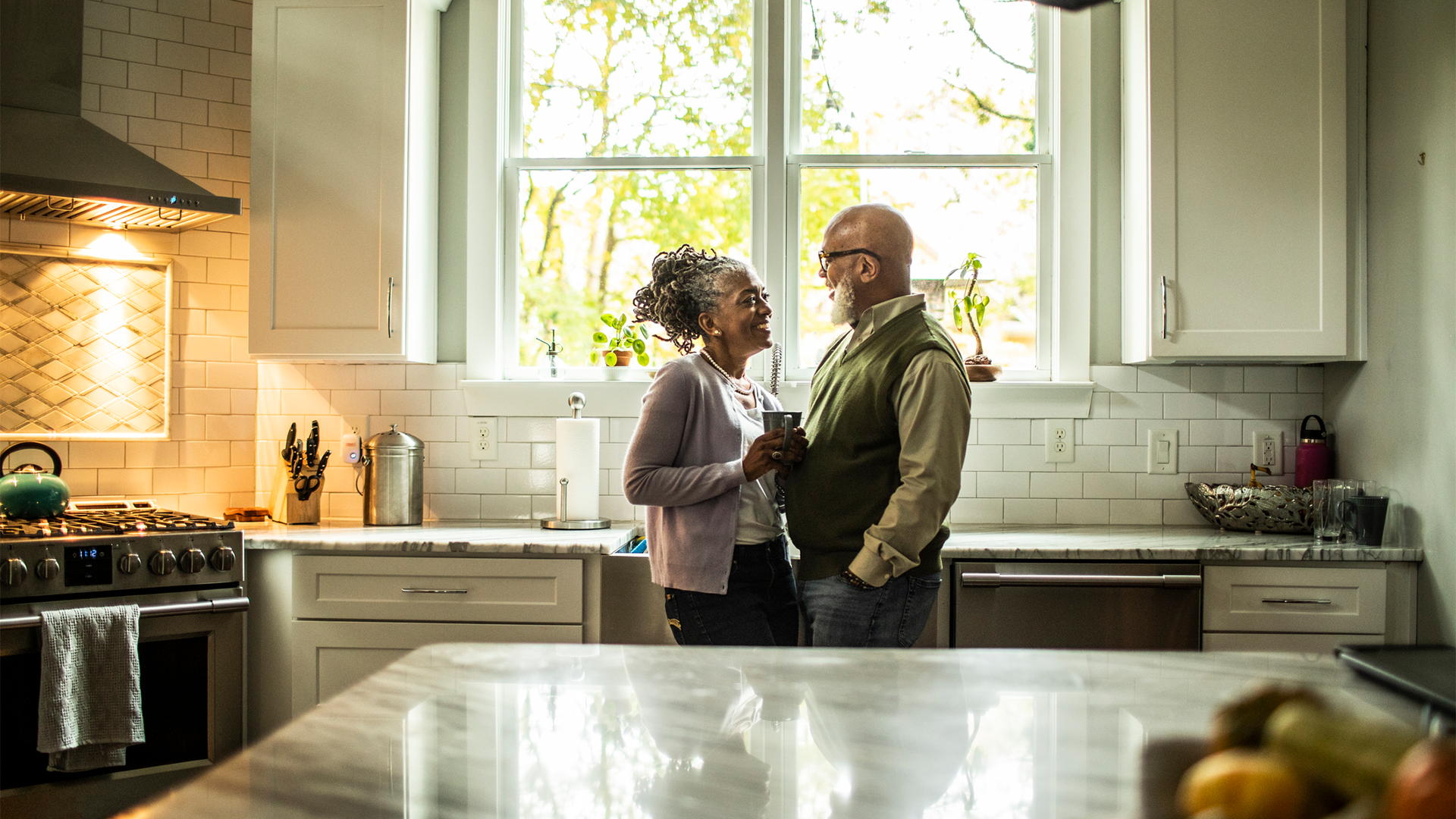Black-owned businesses will soon have access to billions of dollars, thanks to this latest move by Madam Vice President Kamala Harris.
According to Yahoo! News, during the annual Freedman’s Bank Forum on Tuesday, Dec. 14, Vice President Harris, alongside Treasury Secretary Janet Yellen, announced that financial institutions servicing minority and underserved small business owners would reportedly receive $8.7 billion in funding.
The move is a part of the $12 billion that Harris locked in during 2020 while she was still a U.S. Senator. Other Senators responsible for the action include Cory Booker, Chuck Schumer, Mark Warner, and U.S. Rep. Maxine Waters, who serves as the House Financial Services Committee chairwoman, theGrio reports.
The Freedman's Bank Forum
This forum — held annually — was started by former Treasury Secretary Jack Lew to address racial, economic disparities.
The name stems from The Freedman’s Saving and Trust Company which Congress launched in 1865 to serve as a private savings bank to collect deposits from newly emancipated communities.
According to the National Archives, The Freedman’s Bank consisted of 37 branches across 17 states with a total of $3.7 million in assets equivalent to $80 million today after inflation. Ultimately, Freedman’s Bank was dismantled just a decade after it began due to mismanagement by its executives.
Wally Adeyemo is the first Black person to serve in the role of Deputy Treasury Secretary and moderated a panel during the Freedman’s Bank Forum.
“People think about this as charity or donations when it’s not,” said Deputy Treasury Secretary Wally Adeyemo, the first Black person to serve in the role. “It’s economics. Investing in these communities makes sense from an economic standpoint.”
The Jobs And Neighborhood Investment Act
Through the Jobs and Neighborhood Investment Act, community financial institutions serving low to moderate-income and minority communities will respond to the losses that have plagued Black-owned businesses throughout the pandemic.
Per reports made by the U.S. House Small Business Committee, Black-owned businesses suffered at alarming percentages, with ownership rates dropping by 41 percent between February and April 2020 — the most significant rate of any racial group. This also includes studies that show Black-owned businesses are 20 percent less likely than their white counterparts to be in a position to obtain a loan from a large bank.
“Today, the wealth gap persists. Today, the homeownership gap persists… access to capital is unequal,” said Harris, during her remarks at the forum. “Black entrepreneurs are three times more likely to report that a lack of access to capital negatively affects their profit margins. I believe that the actions we are taking and must take, to address these disparities will define our nation’s strength and economic strength in the 21st century.”
The Return Of Black Wallstreet
During the forum, Harris doubled down on the history behind the racial wealth gap in America and how the nation has refused to allow Black Americans to succeed, calling out the Tulsa Race Massacre where an angry mob destroyed the Greenwood business district known as Black Wall Street. In this place, Black businesses thrived like never before.
“It was designed to be a thriving community within a community and economy in which Black people supported one another, lifted one another up, and modeled excelling in which Black people could determine their own future,” Harris continued. “Some of us refer to that as self-determination to put equity firmly at the center of our economic policy.”
Click here for more on The Jobs and Neighborhood Investment Act.

















